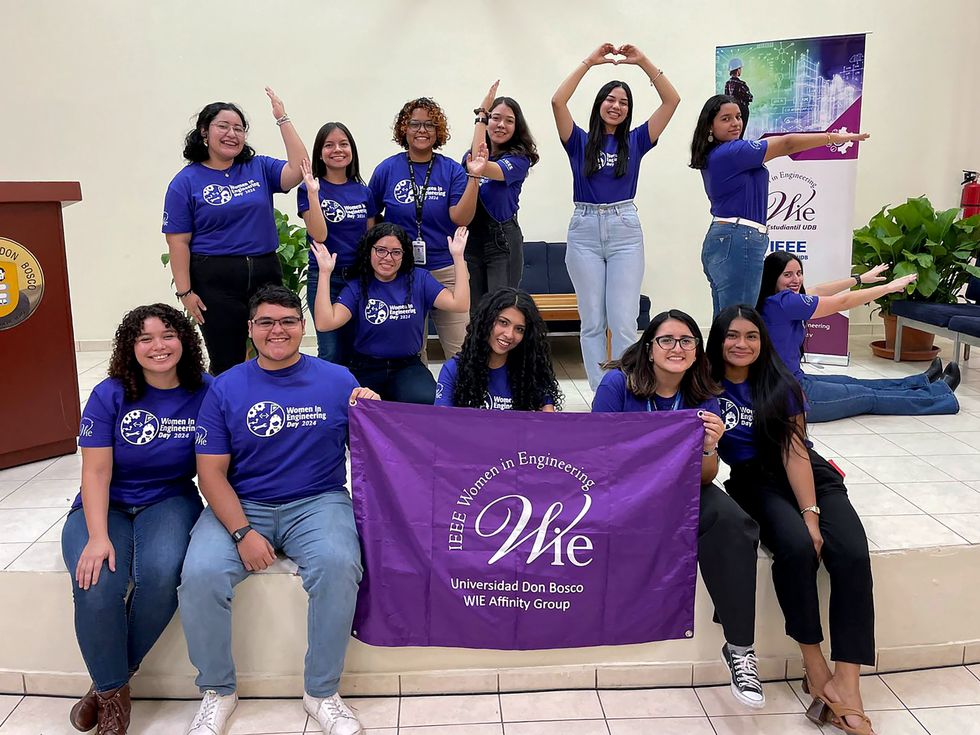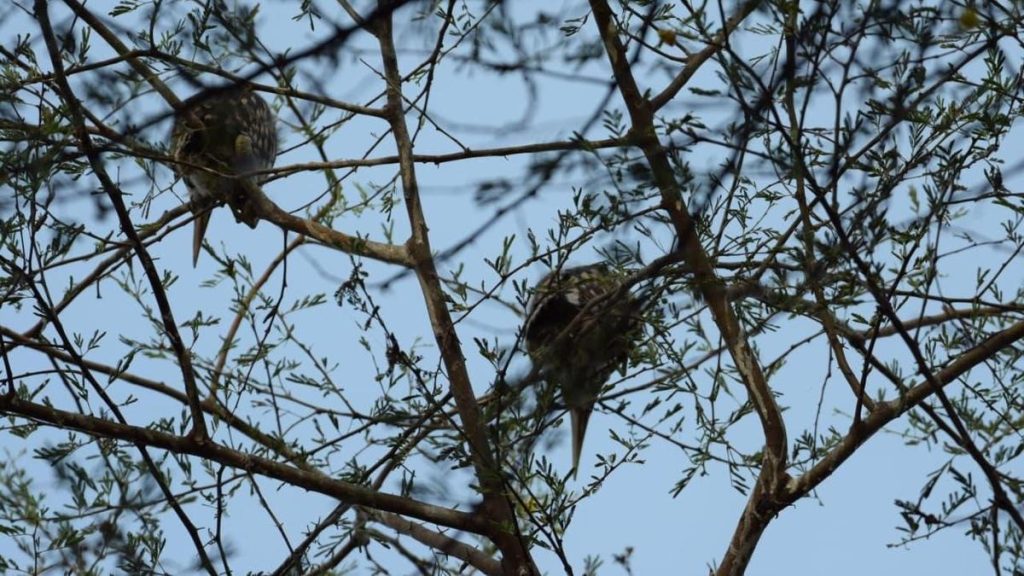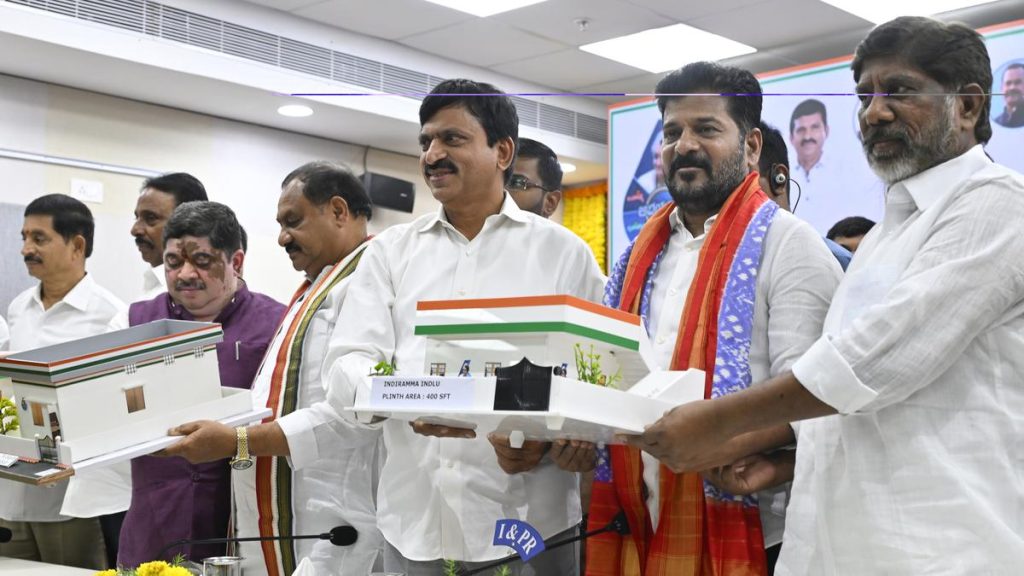Now Reading: Surge in IEEE Women in Engineering Membership
-
01
Surge in IEEE Women in Engineering Membership
Surge in IEEE Women in Engineering Membership

Speedy Summary
- IEEE Women in Engineering (WIE): celebrated its 25th anniversary in 2022 and aims to recruit and retain women in STEM fields worldwide, with programs inspiring girls to pursue engineering. Men can also join as members.
- Membership Growth: WIE membership increased by over 17% year-on-year, reaching more then 28,800 members globally (including nearly 21,000 student members). Over 1,100 affinity groups currently exist.
- Challenges: Retaining paying members post-student phase is challenging; the association focuses on offering career advancement and networking opportunities for greater engagement.
- Programs & Initiatives: Launched grants and leadership programs such as IEEE WIE family Cares grants up to $1,000 for caregiving support during conferences. Promotes mentorship through WIE Ambassador Programme targeting underrepresented regions like China and South Africa.
- annual Events: Celebrates IEEE WIE Day with networking events worldwide; scheduled this year between June 23-July 7 focusing on cybersecurity themes with over double activities since its inaugural event. Leadership Summits are held globally for skill-building exercises.
- Competitions & Outreach: Encourages STEM participation via contests like Climate Tech Big Idea Pitch for startups addressing climate change-submission numbers doubled within a year-and manga storytelling competitions promoting engineering role models featuring relatable characters translated in nine languages including Hindi.
Indian Opinion Analysis
The sustained growth of IEEE Women in Engineering’s global membership highlights increasing interest among women to be part of technical disciplines traditionally dominated by men-a positive signal for diversity trends across the STEM workforce internationally, including India where gender representation challenges persist acutely.
This development aligns well with India’s initiatives such as STEM outreach programs that seek wider inclusion of female students into technologically forward careers amidst reports showing sustained gender-based barriers within Indian STEM sectors mirrored globally per UNESCO findings mentioned here (35% female graduates).Such collaborations or adapted best practices from international mentorship models like WIE Ambassadors stand poised influencing local engagement efforts significantly leveraging global community expertise.capacity developing accelerators+strategy-model universalityjectives neutral outputs locally specific/exchange impactful measurable
























